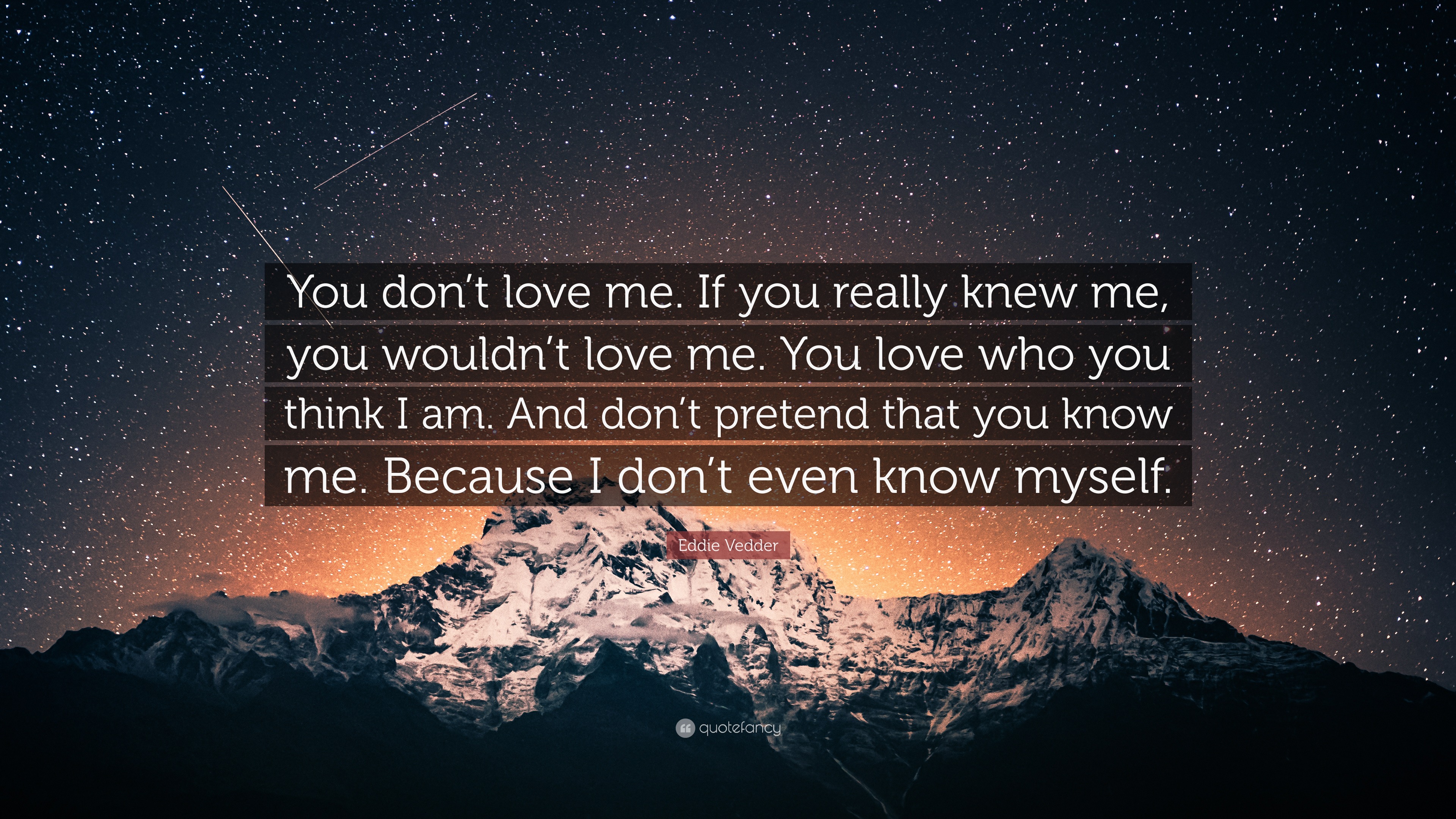

If you get to be 65 and then now you’re ready to start paying attention to friends, well, it’s a little bit like stopping smoking when you’re 65. I think that people sometimes think (especially in their 30s and 40s), “I just don’t have time for friends right now,” and that’s a mistake. There are these transition points in life when it’s easier or harder to spend time with friends, but what is important for people to know is that friendship is a lifelong endeavor and that it is something that people should be paying attention to at all points in life. Toward the end of life, we tend to come back around to having a little bit more time once kids are grown and careers and jobs are less demanding. Then in adulthood, as people start to have jobs and maybe get married or have a family, it can become harder to spend time with your friends. You are really hyper-interested in social activity.

Also, when you’re an adolescent, your brain is as attuned to social signals and connection as it will ever be. Then in adolescence, it becomes even more abstract and relational.Īll the way through high school and college, friendships can feel easy because you are thrown into an environment where you have lots of same-age peers and the pool of potential friends is big. But when kids go to school, they start to have deeper friendships that involve, first, doing things together, and then a deeper, shared emotional element. Lydia Denworth: When you’re very young, of course, your primary social relationship is with your parents or caregivers.


 0 kommentar(er)
0 kommentar(er)
